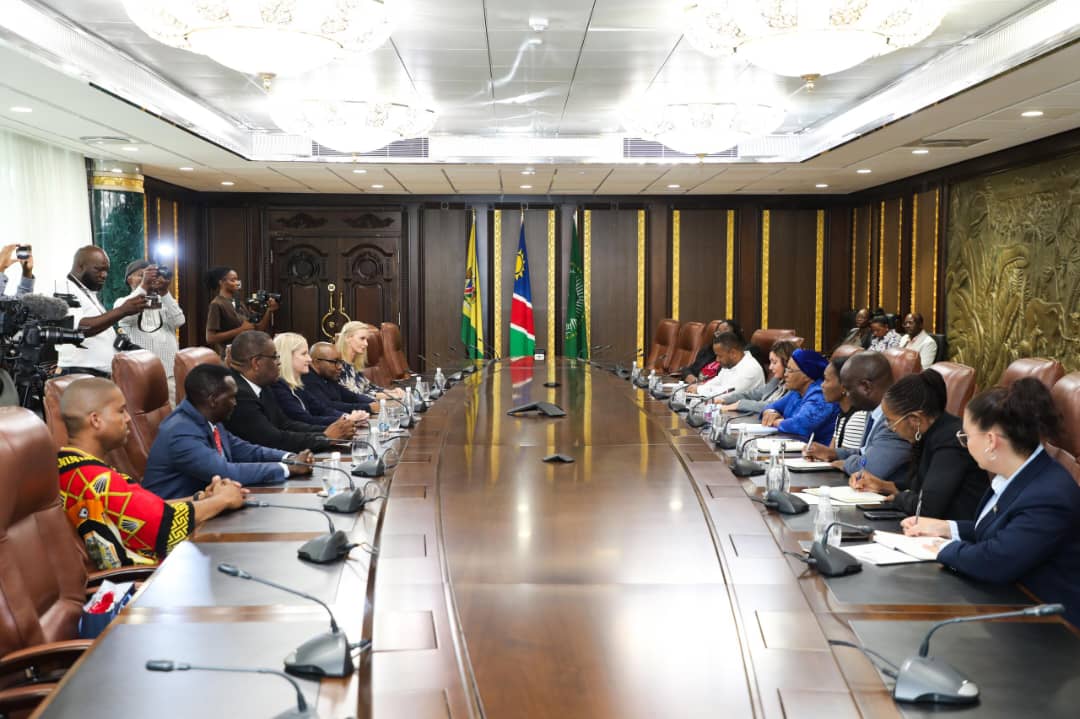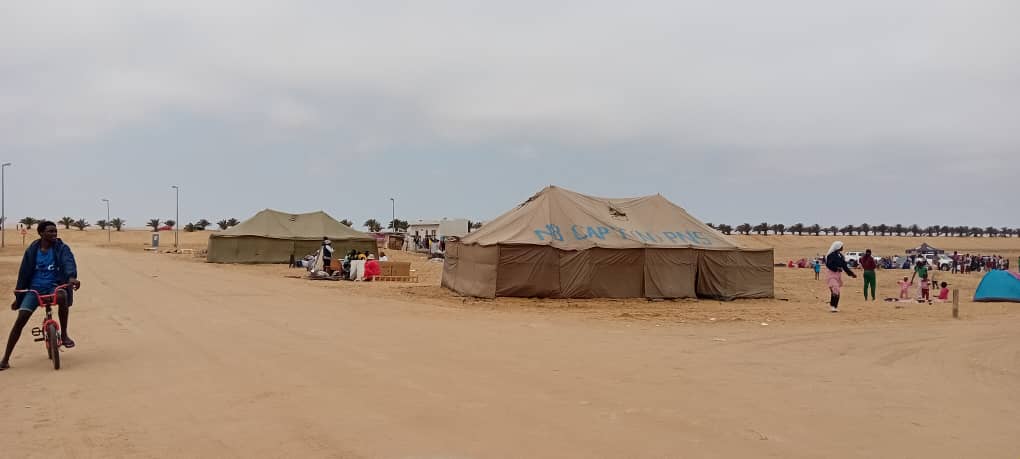BAGHDAD – Iraqi President Jalal Talabani was expected to meet with all the major political parties yesterday in a bid to break the deadlock over who should head the war-torn nation’s key security ministries.
Over a week since Iraq’s first permanent post-invasion government was sworn in without ministers of defence, interior or national security, Prime Minister Nuri al-Maliki has missed his declared deadline to appoint the ministers. Talabani announced his planned meetings in an effort to break the deadlock and find a consensus over some dozen candidates for the two posts, which are subject to great debate among the different ethnic and sectarian parties making up the national unity government.”We all agree that we should choose two Iraqis that are independent, far from the political parties and far from what we call militias, that can do their job well,” said Talabani in a statement.Talabani also nixed an idea for Sunni politician Khalaf al-Alyan to take over the defence ministry since he headed one of the parties in the main Sunni Arab coalition.The previous government, and especially its interior minister Bayan Jabr Solagh, was accused of having close links with the Shi’ite Badr militia and turning a blind eye to militia-linked violence.Hassan al-Sunaid, a parliamentarian with the prime minister’s Dawa party predicted that a pair of former Iraqi army generals, one Sunni, one Shi’ite, would be chosen for the jobs.”I think Baraa Najib al-Rubayi for defence and for the interior Nasser al-Ameri – they have a big chance,” he said.”I think tomorrow (Monday) the prime minister will announce these two names, it’s almost confirmed.”Over the last few weeks many “almost confirmed” names have swirled around, only to disappear from sight while on the verge of being nominated.While Iraq’s new government is being hailed for its inclusive nature, the delicate effort in balancing four major political blocs and doling out positions has made its formation a tortuous process.Yesterday’s parliamentary session was another indication of the fractious nature of Iraqi politics with a debate erupting over the power of the Sunni speaker of parliament that Shi’ites and Kurdish lawmakers were looking to dilute.The Sunni National Concord Front want to grant the speaker wide powers which set off the Shi’ite and Kurdish alliances, who are insisting his decisions be with the consensus of his (Shi’ite and Kurdish) deputy speakers, said an official in parliament.- Nampa-AFPTalabani announced his planned meetings in an effort to break the deadlock and find a consensus over some dozen candidates for the two posts, which are subject to great debate among the different ethnic and sectarian parties making up the national unity government.”We all agree that we should choose two Iraqis that are independent, far from the political parties and far from what we call militias, that can do their job well,” said Talabani in a statement.Talabani also nixed an idea for Sunni politician Khalaf al-Alyan to take over the defence ministry since he headed one of the parties in the main Sunni Arab coalition.The previous government, and especially its interior minister Bayan Jabr Solagh, was accused of having close links with the Shi’ite Badr militia and turning a blind eye to militia-linked violence.Hassan al-Sunaid, a parliamentarian with the prime minister’s Dawa party predicted that a pair of former Iraqi army generals, one Sunni, one Shi’ite, would be chosen for the jobs.”I think Baraa Najib al-Rubayi for defence and for the interior Nasser al-Ameri – they have a big chance,” he said.”I think tomorrow (Monday) the prime minister will announce these two names, it’s almost confirmed.”Over the last few weeks many “almost confirmed” names have swirled around, only to disappear from sight while on the verge of being nominated.While Iraq’s new government is being hailed for its inclusive nature, the delicate effort in balancing four major political blocs and doling out positions has made its formation a tortuous process.Yesterday’s parliamentary session was another indication of the fractious nature of Iraqi politics with a debate erupting over the power of the Sunni speaker of parliament that Shi’ites and Kurdish lawmakers were looking to dilute.The Sunni National Concord Front want to grant the speaker wide powers which set off the Shi’ite and Kurdish alliances, who are insisting his decisions be with the consensus of his (Shi’ite and Kurdish) deputy speakers, said an official in parliament.- Nampa-AFP
Stay informed with The Namibian – your source for credible journalism. Get in-depth reporting and opinions for
only N$85 a month. Invest in journalism, invest in democracy –
Subscribe Now!










